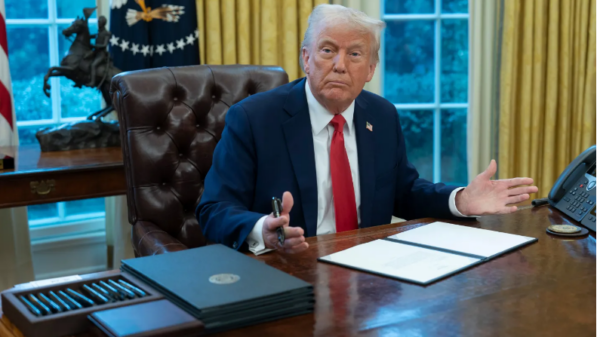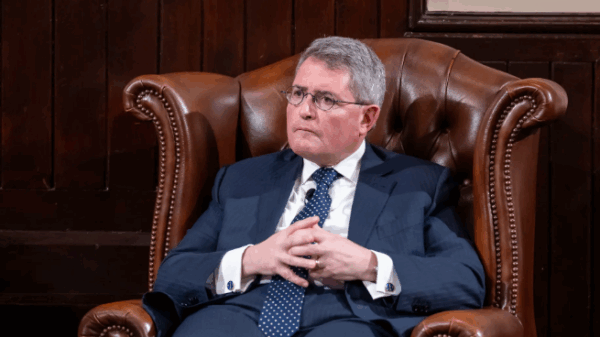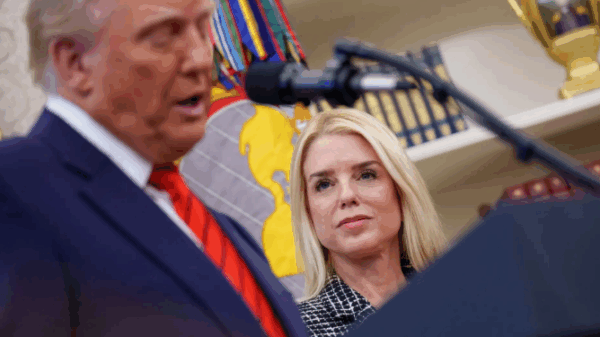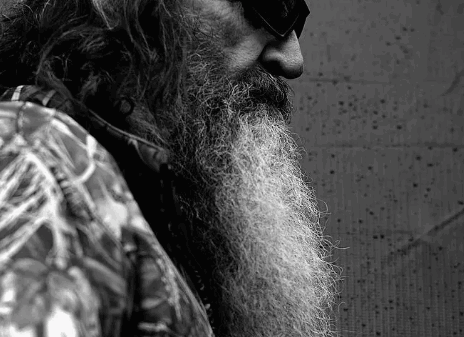Syria could face up to four years before holding new elections, according to Ahmed al-Sharaa, leader of the rebel group Hayat Tahrir al-Sham (HTS). In a broadcast interview with Saudi state television Al Arabiya on Sunday, Sharaa, who has led the new authorities in Syria after the fall of former President Bashar al-Assad earlier this month, outlined a roadmap for political change, including a significant overhaul of the country’s legal and electoral systems.
Sharaa explained that drafting a new constitution could take up to three years, and it could take an additional year before Syrians see tangible improvements in public services following the ouster of Assad. He stressed the need to rebuild the legal framework of Syria and conduct a comprehensive population census before holding legitimate elections.
“We are looking at a long-term process. It could take up to four years before we have a fully functional electoral system,” Sharaa stated.
This marks the first time Sharaa has offered a concrete timeline for elections since HTS led a successful offensive against Assad’s regime. However, the future of Syria remains uncertain, with questions emerging about how HTS will govern the multi-ethnic country. Initially a jihadist group advocating for Islamic law, HTS has distanced itself from its violent past in recent years.
In the interview, Sharaa announced that HTS, which once had ties with groups like the Islamic State and al-Qaeda, will be “dissolved” during a national dialogue conference planned for the near future. While details of the event remain scarce, it will likely serve as a pivotal test for the new leadership’s ability to unite Syria after over a decade of civil war.
Responding to criticism of his transitional government, Sharaa defended his administration’s appointments, calling them “essential” to the country’s rebuilding process. He emphasized that these measures were not designed to exclude any groups but to ensure a functional government.
Syria is home to a wide range of ethnic and religious groups, including Kurds, Armenians, Assyrians, Christians, Druze, Alawite Shia, and Sunni Arabs. The new leadership has promised to protect the rights and freedoms of these minorities as the country moves forward with the rebuilding process.
In a related development, nearly 300 people, including informants, pro-regime fighters, and former soldiers, have been arrested in a crackdown on Assad loyalists. According to the Syrian Observatory for Human Rights, the arrests have been carried out with local support. Syrian state media also reported the seizure of weapons and ammunition during recent arrests targeting “Assad militia members.”








































